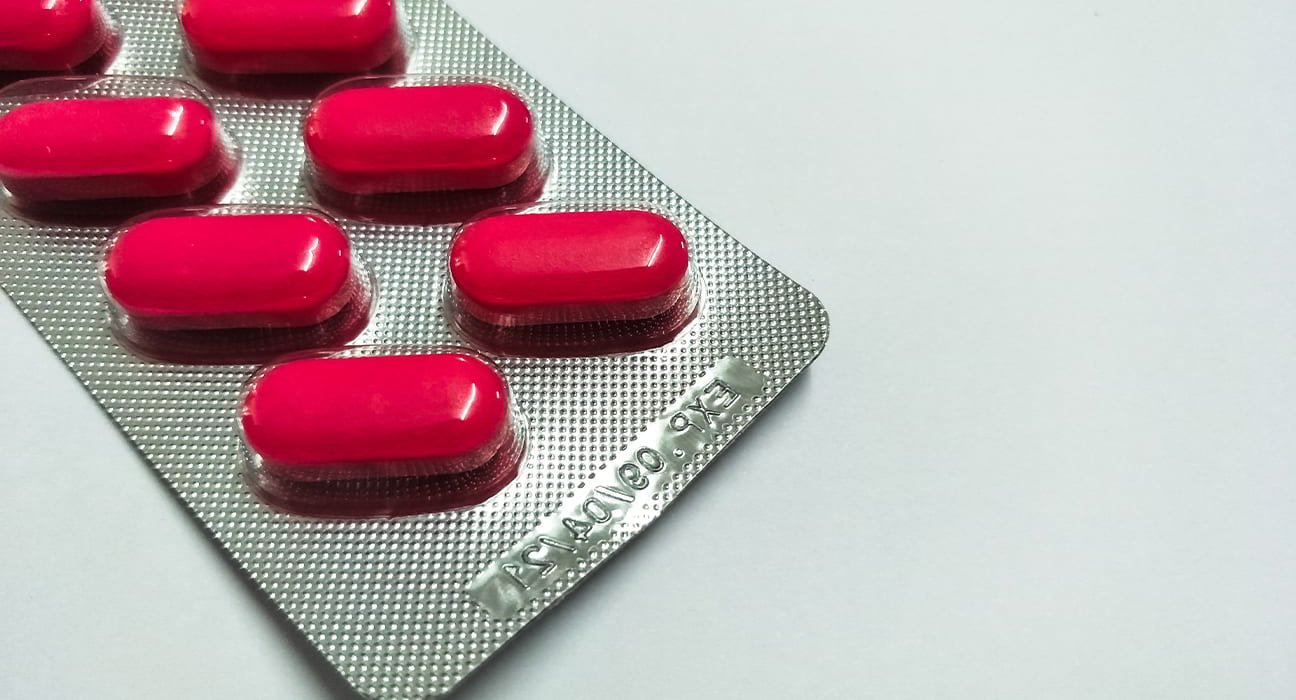1 in 6 to 7 people undergo discontinuation symptoms like dizziness, nausea, irritability and insomnia whereas 1 in 33 patients show severe symptoms of withdrawal.
Management of Medications:
The research emphasized the percentage of people affected by withdrawal symptoms. It is significant to emphasize that people the statistical results are much lower than some other studies showing almost half of the people suffer from withdrawal symptoms. Here, the outcomes signify only 15% of such cases.
Anti-depressants like any other medications have a bit of effect, there is not much particular characteristic of withdrawal symptoms associated with it. A common misconception is that anti-depressants are addictive, this is not so, as proven by the study. Proper management and accurate counselling can significantly reduce the number of withdrawal cases.
Scaffolding:
Most of the time, techniques like scaffolding are used, that is anti-depressants must act as temporary support at times of need. These are then removed gradually step by step so that once the recovery starts, medications can be lowered down and eventually stopped. This is only possible when both the patient and the doctor value this and follow it so that the chances for occurrence of discontinuation symptoms can be dropped out.
The Placebo and nocebo effect:
The placebo effect is used as a research method where two groups are made based on random segregation. One is provided the intervention, other is given a falsified treatment without letting the participants know about it. Participants show positive results just by thinking that they are being given the treatment. This effect is witnessed apart from the physical implications. On the other hand, the nocebo effect is how negative results are shown based on the direction of intervention, again, apart from the physical symptoms.
How are placebo and nocebo useful here?
For the hypothesis, people feel withdrawal symptoms because they are consciously aware of it. That is, they fear that they will face body changes because of the discontinuation of anti-depressant pills. Such thoughts can make them feel low, like withdrawal symptoms instead of feeling it. Placebo and nocebo effect comes into play here. In the randomized trial conducted for over 21,000 patients; one in every six patients felt withdrawal symptoms even when they were given dummy anti-depressant pills.
Whereas one in every three patients complained about withdrawal symptoms from the group who were actually given the anti-depressant pills. This study clearly describes how half of the symptoms can just result from the negative expectations that discontinuing the anti-depressants will surely disturb their mental peace and daily functioning.
Handling withdrawal symptoms: Withdrawal symptoms can create a loop of getting on and then coming off from medications, eventually hurting self-esteem. Simple tips can help magnificently in the recovery phase.
Read More: Placebo Effect: How It Plays an Important Role in Health Care
Being flexible:
It is completely okay to come back on medications. Recovery and emotional well-being are the main objectives and not the tortured survival to survive without it. It is quite important to accept that mental and emotional well-being is a necessity, and medications are a part of just like any other physical disease. Coming back on lighter doses of medications can be taken as a step towards prioritizing mental health instead of considering oneself not strong enough.
Professional Support:
Though it looks like discontinuation from medication can stop contact with mental health care professionals, therapeutic solutions can be consistent if possible to have support for keeping up with resilience. Strategic management techniques under the guidance of a psychotherapist can help to go through the withdrawal phase smoothly. Moreover, the thought of withdrawal symptoms is way too prevalent in the recovery of anyone who is battling with mental illness. Being aware of it is the first step that can be taken followed by the above-mentioned management.
Citations +
- Henssler, J., Schmidt, Y., Schmidt, U., Schwarzer, G., Bschor, T., & Baethge, C. (n.d.). Incidence of antidepressant discontinuation symptoms: a systematic review and meta-analysis. The Lancet Psychiatry. https://doi.org/10.1016/S2215-0366(24)00133-0
- Neuroscience News. (2024, June 6). 1 in 6 Antidepressant Users Face Withdrawal Symptoms. https://neurosciencenews.com/antidepressant-withdrawal-psychology-26255/
- Professional, C. C. M. (n.d.). Antidepressant discontinuation syndrome. Cleveland Clinic. https://my.clevelandclinic.org/health/diseases/25218-antidepressant-discontinuation-syndrome
- Gabriel M, Sharma V. Antidepressant discontinuation syndrome. CMAJ. 2017 May 29;189(21):E747. doi: 10.1503/cmaj.160991. PMID: 28554948; PMCID: PMC5449237.
- Harvard Health. (2022, May 15). Going off antidepressants. https://www.health.harvard.edu/diseases-and-conditions/going-off-antidepressants













Leave feedback about this